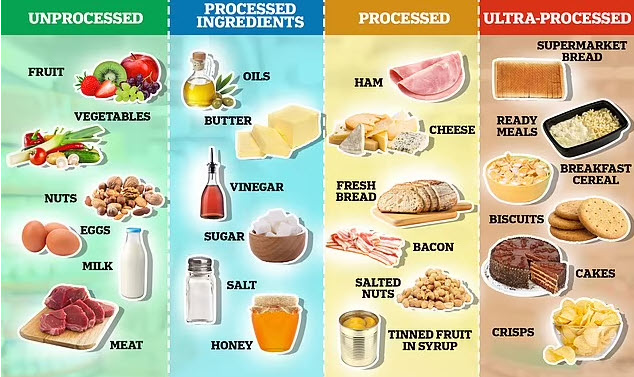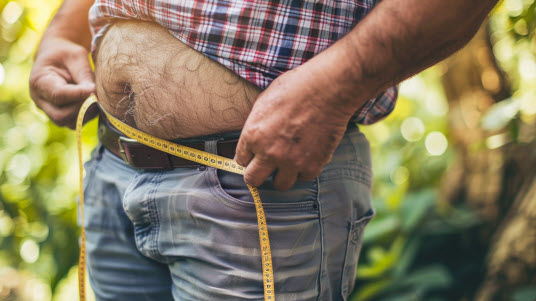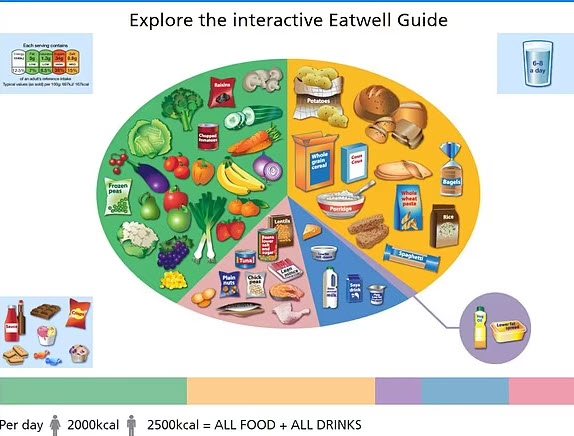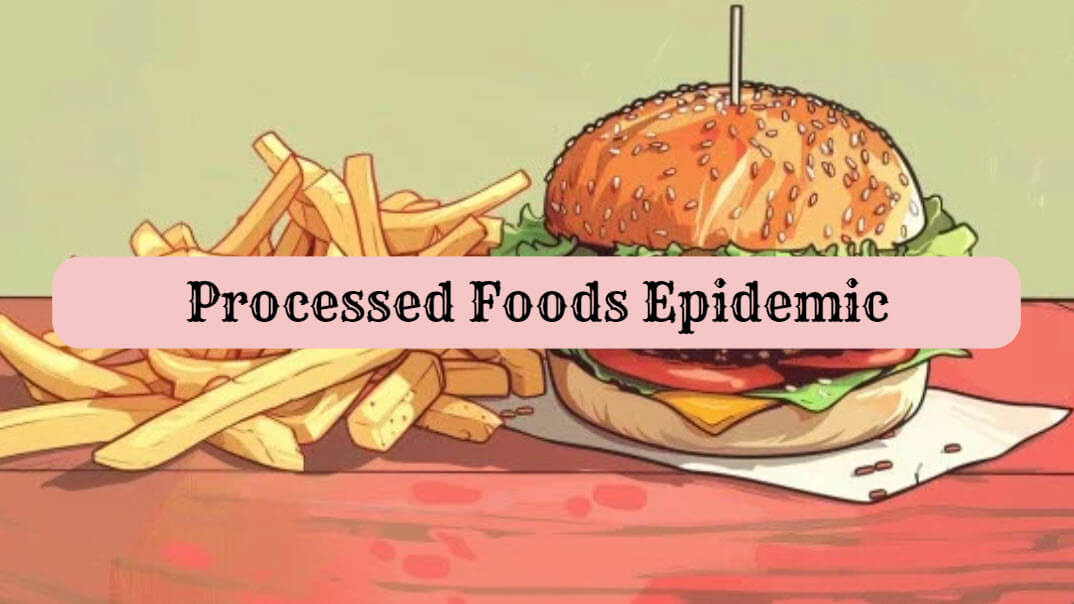Here is an interesting in-depth article by the Daily Mail about processed foods. It is probably the best, most comprehensive piece of information that we have seen on the subject. Check it out.
Ultra-processed foods are making the UK the 'sick man of Europe' as Brits eat more than any of their continental neighbours, expert says. Biggest study yet links UPFs to 32 illnesses - including cancer and heart disease - as experts call for biscuits, cakes and sweets to be treated like cigarettes
Britain is the 'sick man of Europe' because we eat more ultra-processed food than any of our continental neighbours, the House of Lords has heard.
Professor Tim Spector told peers that Britons consume poor-quality food, which makes them overeat and fuels diabetes, obesity and high blood pressure.
He likened the unhealthy produce to passive smoking, as he demanded that more be done to protect children from its harms and called for compulsory warning labels on packaging.
Professor Spector, who lectures in genetic epidemiology at King's College London accused food companies of causing the UK's obesity crisis by making products 'hyper-palatable' to turn a profit.
When asked how poor diet contributes to ill health, he told the House of Lords, food, diet and obesity committee: 'I think there's something in the very essence of the food we're eating that is causing us this problem and that's why the UK is the sick man of Europe because we have the highest percentage of our calories eaten in this poor quality food that makes us overeat.'

The Nova system, developed by scientists in Brazil more than a decade ago, splits food into four groups based on the amount of processing it has gone through. Unprocessed foods include fruit, vegetables, nuts, eggs and meat. Processed culinary ingredients — which are usually not eaten alone — include oils, butter, sugar and salt

Professor Spector, who lectures in genetic epidemiology at King's College London, accused food companies of causing the UK's obesity crisis by making products 'hyper-palatable' to turn a profit
His warning comes after a study published in the BMJ this week found eating ultra-processed foods can cause an increased risk of 32 different health problems.
Diets which include high amounts of ready meals, sugary cereals and mass-produced bread are often high in fat, salt and sugar, and low in vitamins and fibre.
The UK eats more ultra-processed foods than any other European nation, as they make up an estimated 57 per cent of the national diet.
Containing colours, emulsifiers, flavours and other additives, they typically undergo multiple industrial processes which research has found degrades the physical structure of foods, making it easier to digest and faster to absorb.
This increases blood sugar and damages the microbiome – the community of 'friendly' bacteria which we rely on for good health.
Professor Spector said: 'I'm old enough to have lived through the passive smoking debates in epidemiology, where the initial studies were not that clear and the tobacco industry was sort of pushing back and saying, 'We don't really understand the exact dose that's harmful to children', and 'Don't worry about it, it's all very confusing'.
'And I think this is very much what we're seeing here.'
Professor Spector said studies show people who eat more ultra-processed foods have 'more diabetes, more obesity, higher blood pressure', adding: 'It's fairly clear that you have a health problem – that's partly due to these foods inducing (people) to eat more because they're hyper-palatable.'
WHAT SHOULD A BALANCED DIET LOOK LIKE?

Meals should be based on potatoes, bread, rice, pasta or other starchy carbohydrates, ideally wholegrain, according to the NHS
• Eat at least 5 portions of a variety of fruit and vegetables every day. All fresh, frozen, dried and canned fruit and vegetables count
• Base meals on potatoes, bread, rice, pasta or other starchy carbohydrates, ideally wholegrain
• 30 grams of fibre a day: This is the same as eating all of the following: 5 portions of fruit and vegetables, 2 whole-wheat cereal biscuits, 2 thick slices of wholemeal bread and a large baked potato with the skin on
• Have some dairy or dairy alternatives (such as soya drinks) choosing lower fat and lower sugar options
• Eat some beans, pulses, fish, eggs, meat and other proteins (including 2 portions of fish every week, one of which should be oily)
• Choose unsaturated oils and spreads and consuming in small amounts
• Drink 6-8 cups/glasses of water a day
• Adults should have less than 6g of salt and 20g of saturated fat for women or 30g for men a day
Source: NHS Eatwell Guide
If you need any further information or assistance with this article, don't hesitate to Contact Us




















